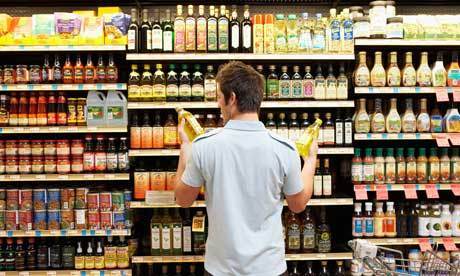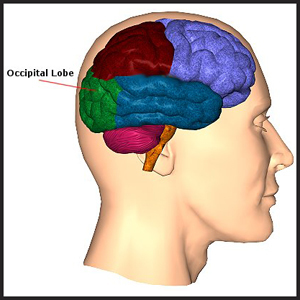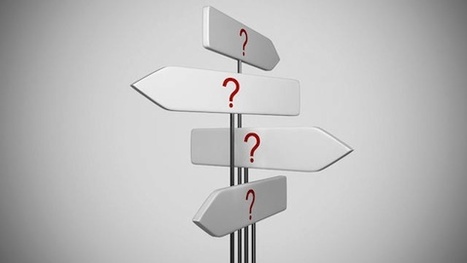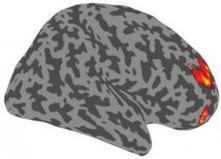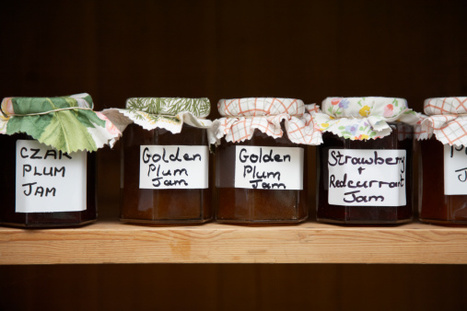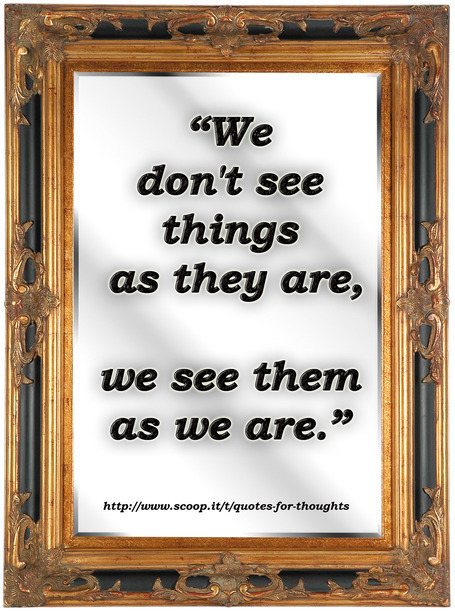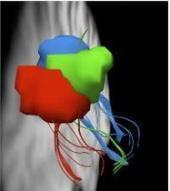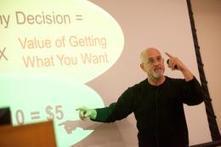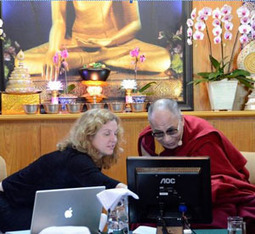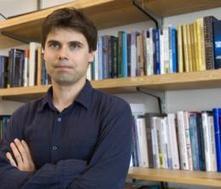Using eye-tracking devices, Bodur and his colleauges investigated how location influences choices for products as varied as vitamins, meal replacement bars, and energy drinks. They found that consumers would increase their visual focus on the central option in a product display area in the final five seconds of the decision-making process – and that was the point at which they determined which option to choose. It turns out that the process is a subconscious one. When asked how they had come to decide on what product to buy, consumers did not accurately recall their choice process. What’s more, they were not aware of any conscious visual focus on one area of the display over another.
Get Started for FREE
Sign up with Facebook Sign up with X
I don't have a Facebook or a X account

 Your new post is loading... Your new post is loading...
 Your new post is loading... Your new post is loading...

Lim Jun Heng's curator insight,
June 29, 2013 10:15 AM
I can see from this article that there is no way to change the fundamental way of the human mind. I think that humans should try their best to not categories others into groups , even if they do they should not be so quick to judge , as the saying goes “do not judge a book by its cover” and instead inquire and observe more before making negative justification towards that group . This is most likely the cause of racism, where because of one person; the whole race is despised and thought ill off, when the rest are fine and easy to get along with. I wonder when will humans ever bond as one and no longer be biased towards anything. |
|



